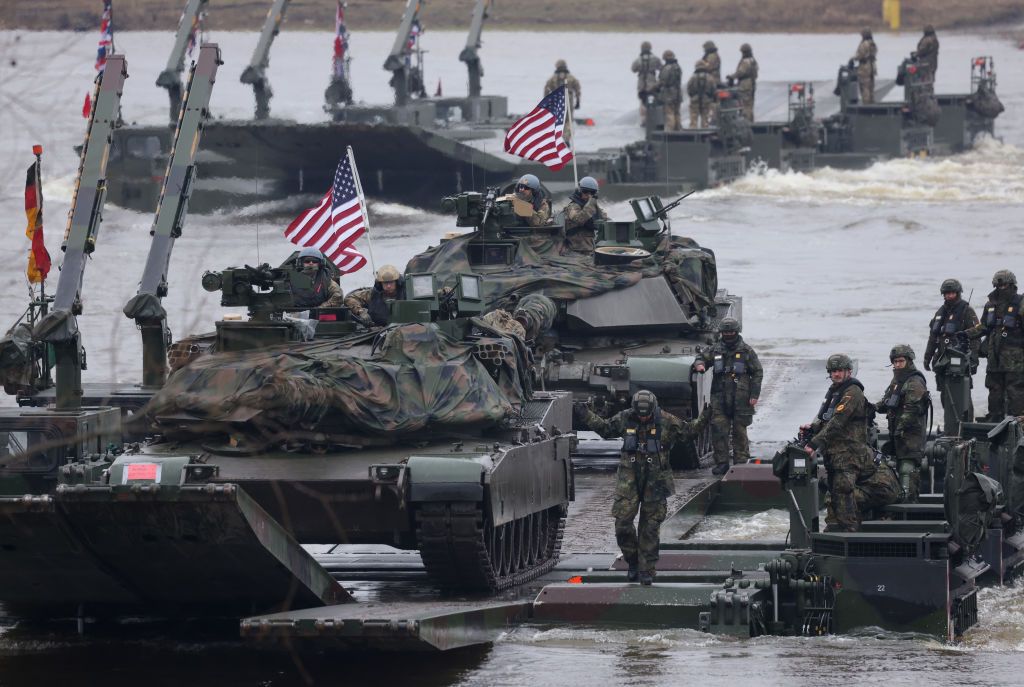Media: NATO considers Russian spring offensive unlikely

NATO intelligence data suggests that Russia is unlikely to launch a large-scale offensive in the near future, European Pravda reported on April 4, citing a NATO official who spoke on condition of anonymity.
President Volodymyr Zelensky said in February that Russia is preparing to launch an offensive in Ukraine in spring or the start of the summer.
The Institute for the Study of War said in its April 1 report that Russia may focus an upcoming offensive on the western part of Donetsk Oblast, near Avdiivka, a key front-line city in Donetsk Oblast captured by Russia in February.
While Russian forces have a "significant quantitative advantage" in terms of weapons and personnel, they "still lack the ammunition and maneuverable units required for a successful major offensive," the NATO official reportedly said.
Russian units on the front line are "understaffed and inexperienced" and receive "politically-motivated" orders to achieve"unrealistic goals," the official said.
NATO intelligence therefore considers it "doubtful that Russian forces could achieve significant success in an offensive this spring."
Russia is "unlikely to be able to conduct any significant offensive without further large-scale mobilization," the official was quoted.
Zelensky warned on April 3 that Russia is preparing to mobilize an additional 300,000 soldiers by June 1.
Ukraine's military intelligence said in March that Russia is likely to ramp up its mobilization efforts now that Russian President Vladimir Putin has secured his fifth term in office in the rigged vote in March.
At the same time, Ukraine is looking into ways to mobilize further troops as well, and an updated mobilization bill is being considered in the parliament.














